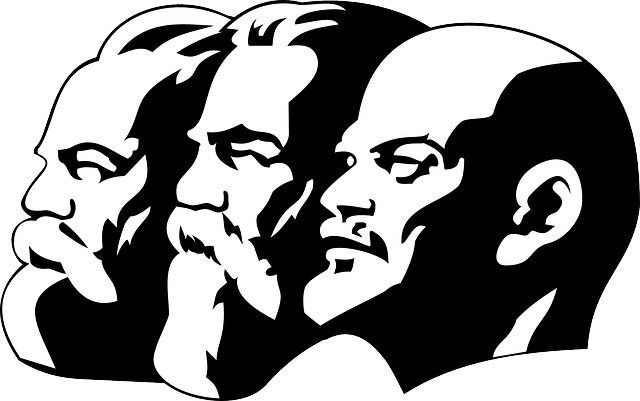I am an enthusiast of the digital age. I think its promise of abundant global communication can make the world a better place, and I feel inclined to use big words like “the next step of the human journey” or “the rise of our global consciousness”. The possibilities of a fully interconnected world are tremendous, and the dynamics of the Internet, where fresh and smart laterally organized peer-to-peer networks trump hierarchical structures every day, stems hopeful indeed.
I would like to point at one caveat that I haven’t seen enough reflection on.
Let’s call all people connected on the Internet netizens and refer to the inequality between them as “net inequality”. Such inequality means they are better connected: their network ties are quantitatively and qualitatively better. This in turn gives them a structural advantage, meaning their network ties will also improve faster. This means they will shape the net, and as the net is vital for our economy, it also means economic inequality.
When a netizen works harder than others, some net inequality, and even a “digital class divide” could be justified. Classic economic theory will argue that such inequality makes everybody better off by allocating the control of resources to the most talented. The problem is the widening of the gap. Small net inequality accumulates and can cause big divides fast. Once you have secured an advantage, you can exploit it with lightning speed, you can escape from the gravitational field of the lateral net, as it were. We all know the twenty-something billionaire founders of the big IT firms. Is that a good thing?
Systematic critique can and will quickly be relabeled envy, but we need to look at the phenomenon and evaluate our concept of fairness. Can a system in which some people can “stand out” by a factor of a million be fair? Some secure a slight advantage by a combination of smartness and timing, i.e. luck[ref]Bitcoin example. The early adaptors earned a lot of money with their initial Bitcoin investment. The justification was classical: they took the risk so they must be rewarded. See article for this discussion.[/ref], which turns into astronomical wealth.
I leave the question of fairness alone. Whether it is sheer luck, access to capital, celebrity status, risk taking, or smartness that makes for the incredible success of the few, the status quo is that some netizens are more equal than others and the liberal idea that “everybody is [equally]connected with everybody else” only reverberates in the mind of the very gullible.
If we truly achieve an economy of abundance, this won’t be a big problem. We’d have realized the Marxist credo of “from everyone according to their abilities, to everyone according to their needs” and success means vastly more “abilities” and status, not lavish consumption of scarce resources that the poor need to survive. But the material world we live in has traces of scarcity, even well into a future economy of abundance.
I am worried because on the net, everything is possible. Will we live in a world where billions of netizens turn into net consumers, because they were just a little bit behind their peers on the other side of the world? That production on the net is taken care of by a small group of super smart people who tell us not to worry about their disproportionate wealth because humanity has finally discovered resource abundance? And that they will be believed because things are going so well – until they don’t, and then their disproportionate power shows its true face.
I am worried because on the net, labor is powerless. In the real world, inequality could be kept in check because organized labor had power. A union of millions of net consumers however, doesn’t wield the power to organize a critical blockade. They can stop consuming information, but that doesn’t have any effect in a world of resource abundance. The show would just go on. Given the importance of the labor union struggles in the twentieth century, we shall not overlook this point.
The bottom line is that it would be naïve to think that inequality will automatically go away with connectivity.
